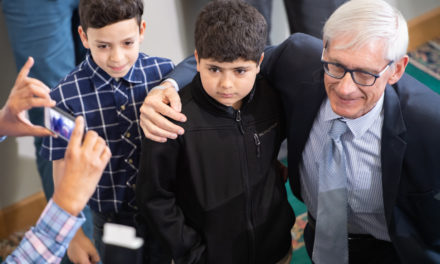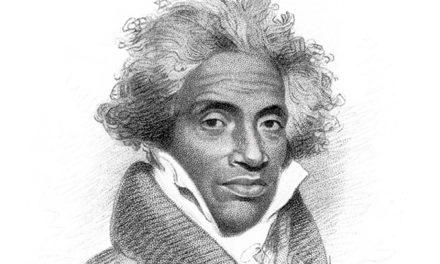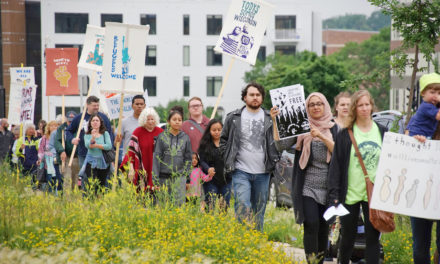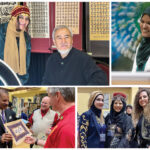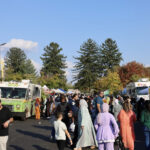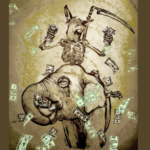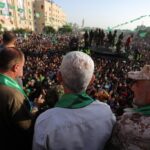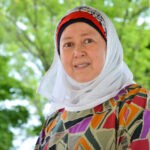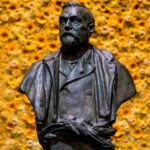A conversation with Director Adam Zucker
Thursday, September 24, 2020
7:00 pm – 8:00 pm
Milwaukee Film
Virtual Event URL: https://www.facebook.com/events/black-lens-mke/minority-health-film-festival-filmmaker-spotlight-director-adam-zucker-american-/328216631663292/
A collaboration with the Milwaukee Muslim Film Festival (MMFF), this closing night conversation features Janan Najeeb, President of the Milwaukee Muslim Women’s Coalition, in conversation with Adam Zucker, A New York film maker and director of American Muslim.
To watch the film in advance of the discussion, go to mkefilm.org
On January 27, 2017, less than a week after taking office, Donald Trump signed an executive order banning people from seven predominately Muslim countries from entering the United States. The action was a strike against religious freedom unprecedented in this country’s history. Protesters rushed to airports where passengers were being detained while legal proceedings against the ban began.
For the next year and a half Muslim Americans and their many allies protested a string of executive orders declaring a travel ban. With a series of setbacks in the courts, the Administration continued to fine-tune the edicts in an attempt to pass legal scrutiny. As the lives of American Muslims were upended and family members remained separated by borders, the Muslim ban slowly made its way to the Supreme Court. The trajectory of the ban provides the film’s backbone.
Director’s Statement
After the election of Trump, I was devastated. Like so many of my peers, I was shocked and virtually paralyzed.
A few days later I was invited by a friend to a Muslim-Jewish discussion-circle. There, we shared our feelings in small groups– our fears and outrage. Then a Muslim-American woman, Debbie Almontaser, rose and spoke about what was happening in her community. How anti-Muslim targeting had increased greatly, and reports of violence and hate speech against Muslims were clearly on the rise. At that moment I recognized that my Muslim neighbors were on the absolute front line in this new era of sanctionedbigotry. And at the same time, I was stunned to acknowledge that despite living in New York City my whole life, I didn’t really know any Muslim Americans.
Then and there I realized I had to get out of my homogenous Manhattan neighborhood and go meet my neighbors. I headed to areas of Queens and Brooklyn where I knew there were strong Muslim communities—I just wanted to make a connection and maybe offer to make short online videos, or perhaps produce an advocacy film for a non-profit. I wasn’t really thinking about making another feature-length documentary – I just wanted to get to know Muslim communities better and contribute in some way.
On previous documentaries I’ve always worked with terrific cinematographers, but I decided it’d be best to keep things as lean as possible. So I got together a camera set-up and started going out to see what I could do. After meeting many individuals and visiting numerous mosques I did my first shoot in January, 2017, the day after the inauguration. I rode along on a chartered bus to Washington for the Women’s March with a group of Afghan women, most of whom had never participated in any kind of political action before. A week after that, the first executive order of the Muslim ban was issued, and protests exploded across the city.
At that point I felt it was truly urgent to capture what was happening in a documentary—my path was clearly laid out for me. For the next year and a half, I followed the trajectory and pushback against the Muslim ban. At the same time, I became increasingly engaged in the lives and stories of Shamsi, Debbie, Mohamed, Aber and Kobir. I continued filming until the Supreme Court decision about the ban in June, 2018.
The result of that 18 months is AMERICAN MUSLIM.

